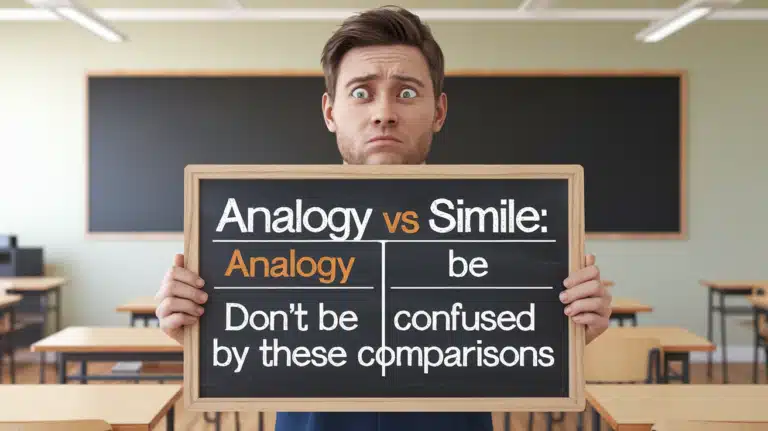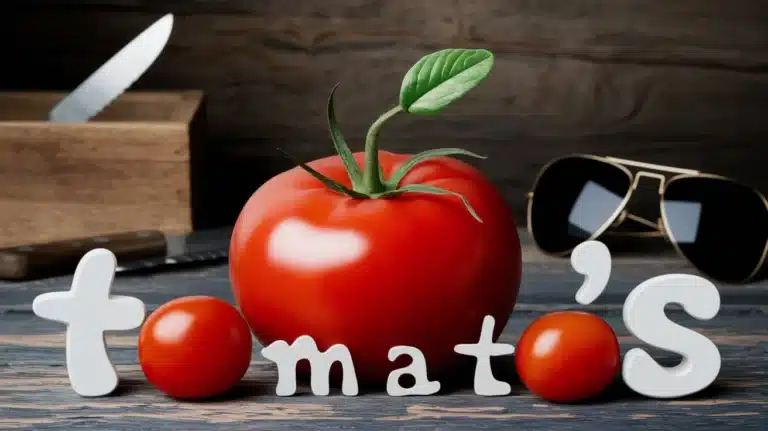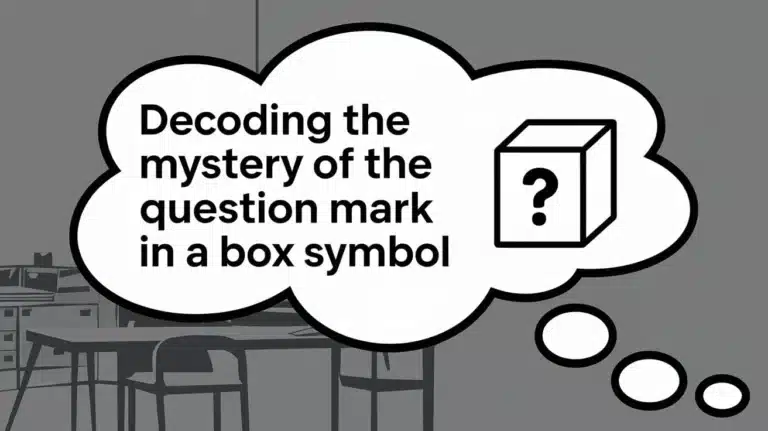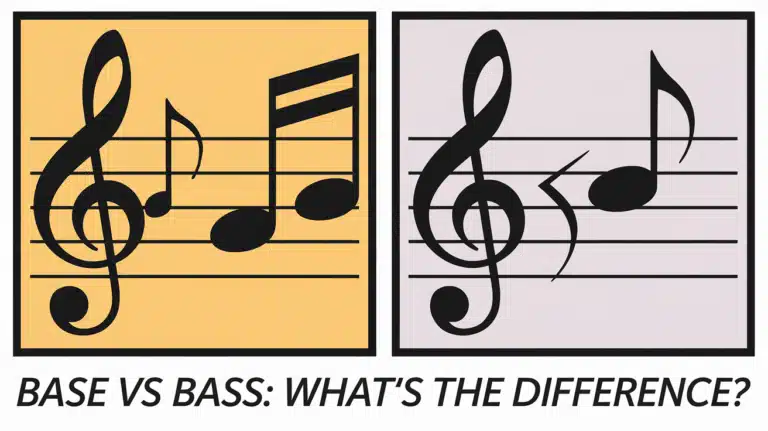Analogy vs Simile: Don’t Be Confused by These Comparisons
When it comes to expressing ideas with clarity and creativity, both analogies and similes are invaluable tools. While they seem similar at a glance, each serves a distinct purpose in communication. Similes help paint vivid images by directly comparing one thing to another using words like “as” or “like.” In contrast, analogies dive deeper, drawing…










